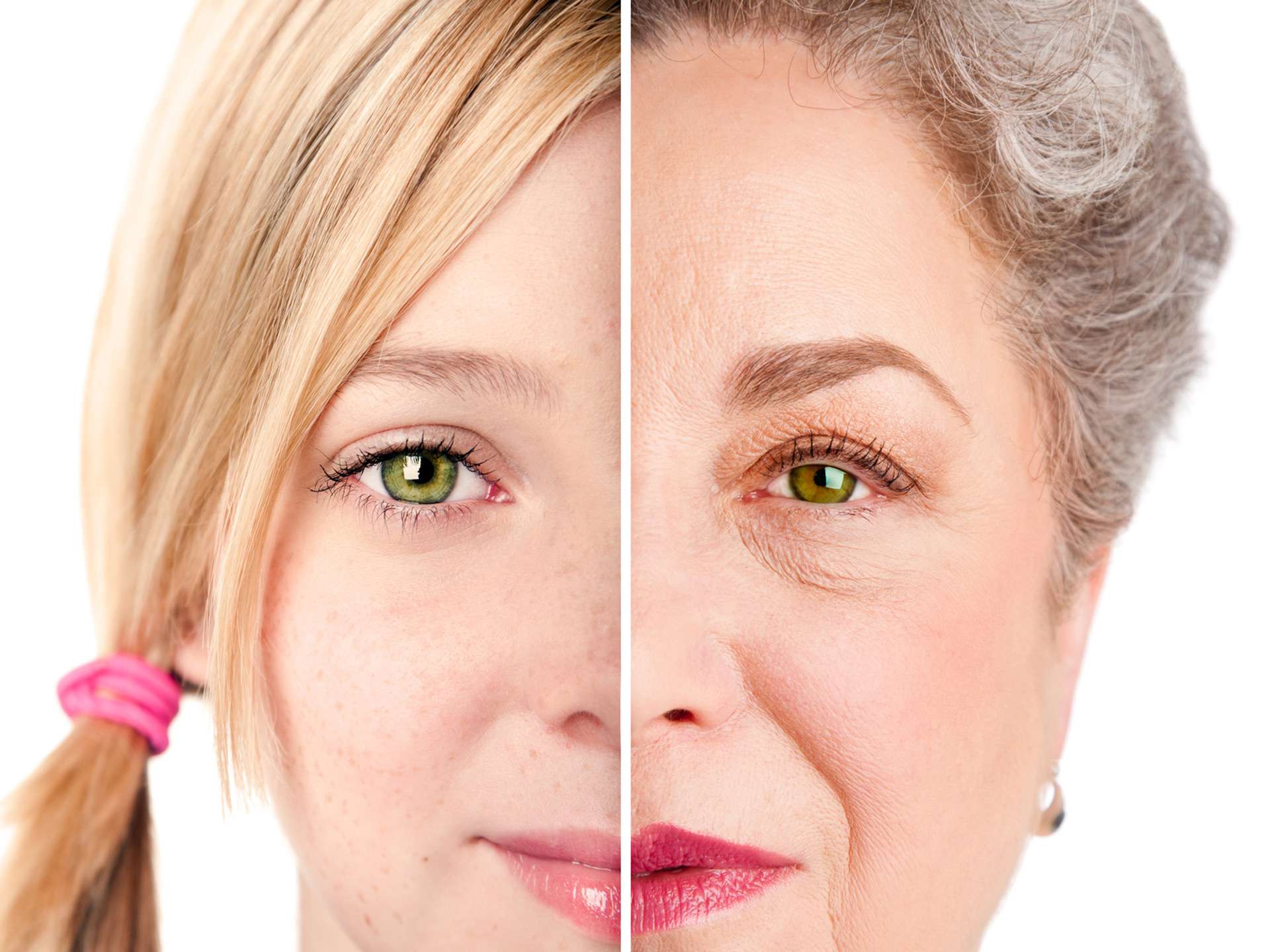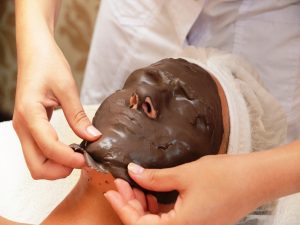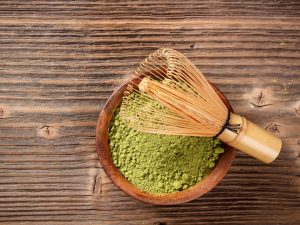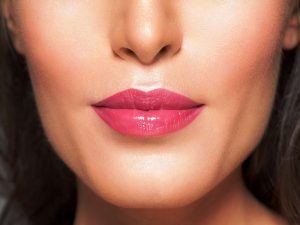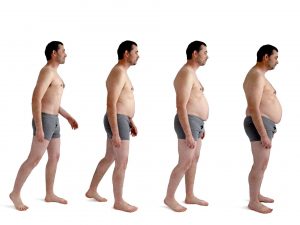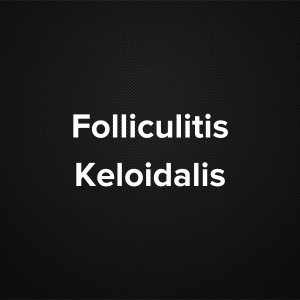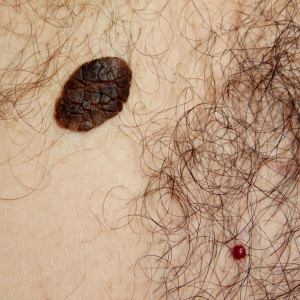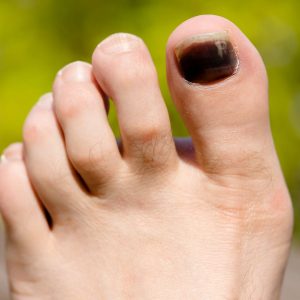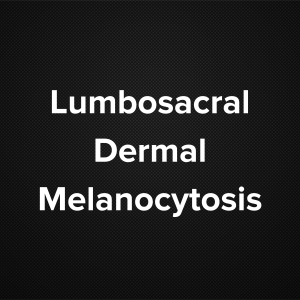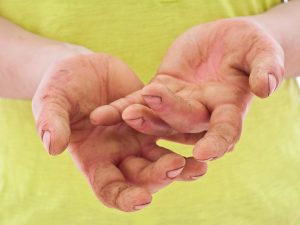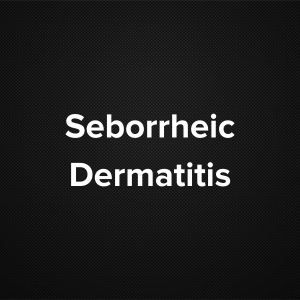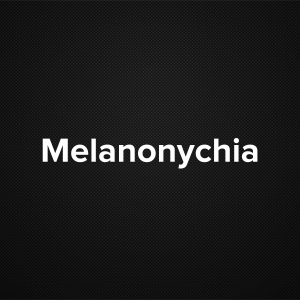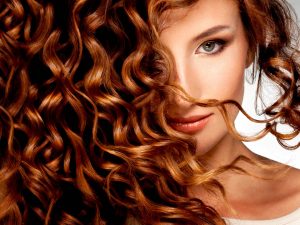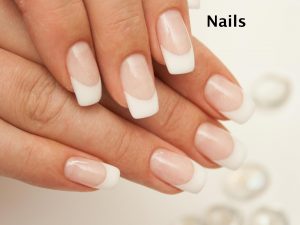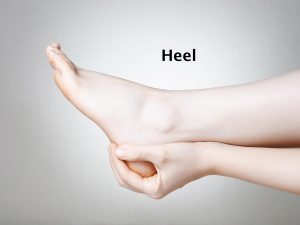Complete acne care guide – Why, what, and how?
Your skin is a reflection of your health. It shows whether your body is healthy inside or not. To ensure that your skin is taken care of, start by knowing about the conditions which can affect it. Acne is one of the most common skin disorders which affects millions every year.
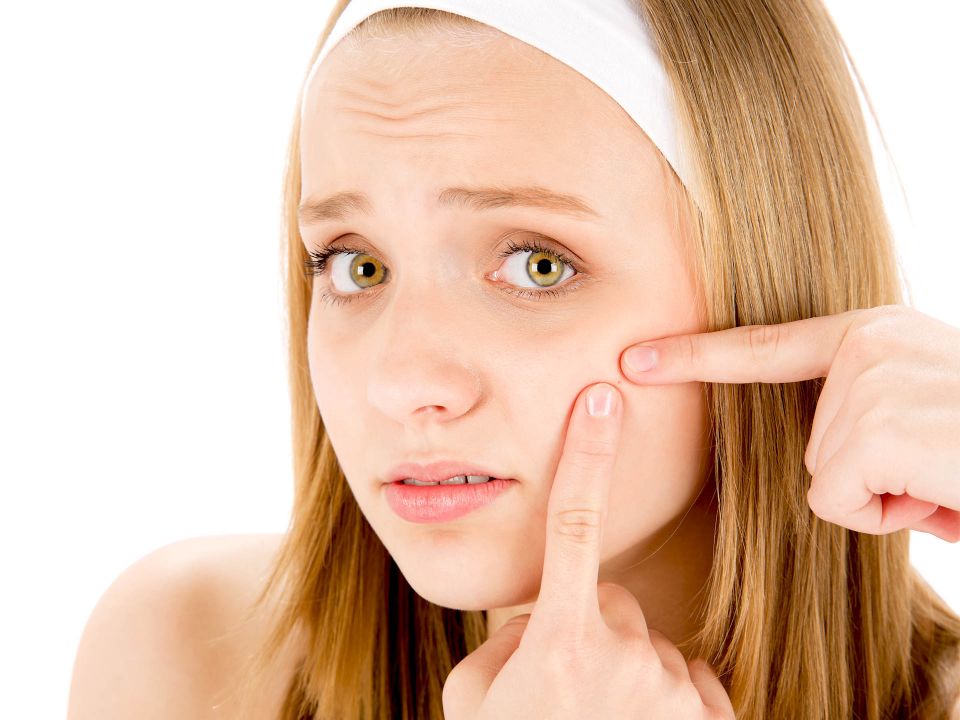
What is acne?
Acne is an inflammatory disease of the skin. It is triggered by the sebaceous glands which produce oil for the skin. This condition is common in males and teenagers. Apart from the physical effects of this condition, those who have acne are psychologically impacted and might suffer from low self-esteem, and in severe cases, depression.
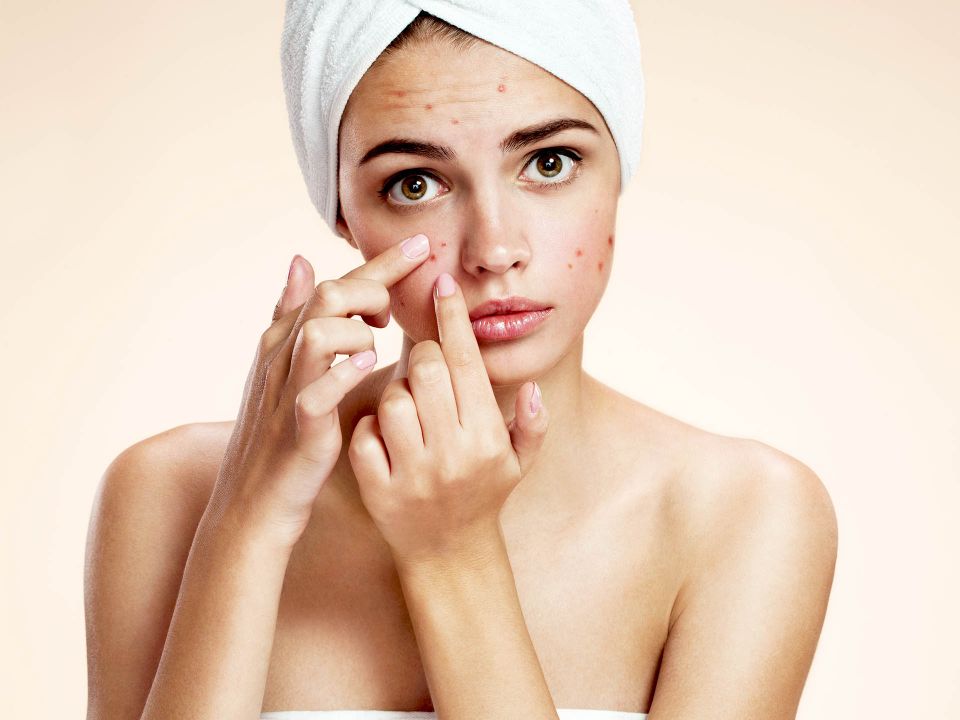
Symptoms of acne
The symptoms of acne include blackheads, pimples, whiteheads, and zits. These usually occur on the face, shoulders, neck, back, and chest. However, they are not limited to these regions. Though these are more of a socially embarrassing condition, there can be forms of acne like cystic acne which are huge and painful. These can result in scarring for life if they are not treated appropriately.
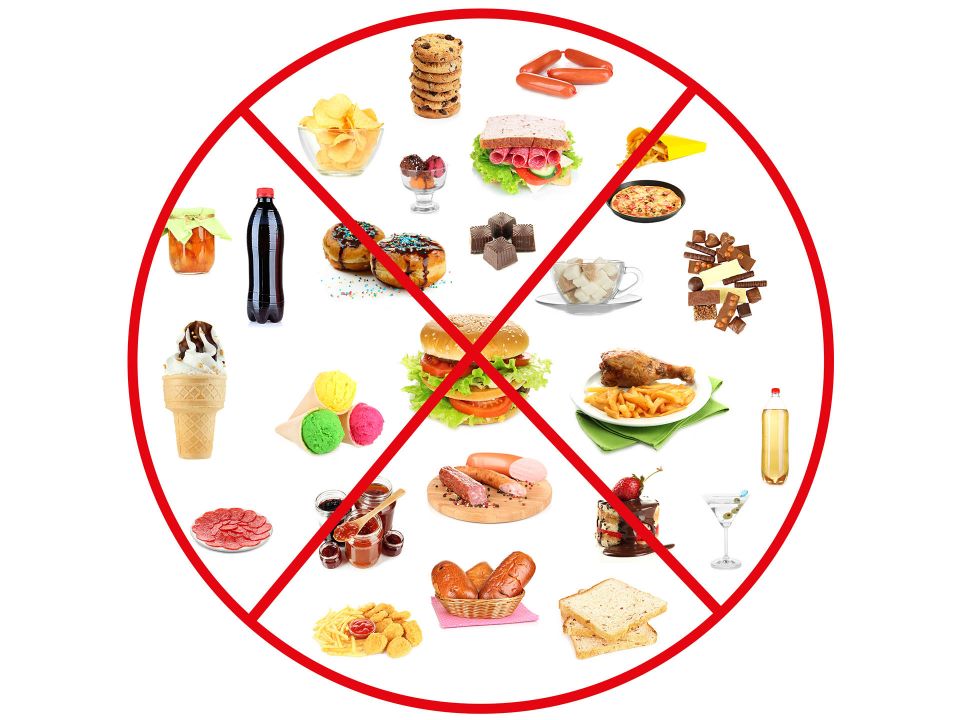
Causes of acne
Acne is primarily caused by hormonal changes. These occur during puberty and results in high activity of oil glands in the dermal skin layer. It also has a genetic factor where parents who have a history of or suffer from acne can pass on this condition to their offsprings. Apart from these, it has not been scientifically proven that foods like chocolate, pizza, or French fries can lead to acne.
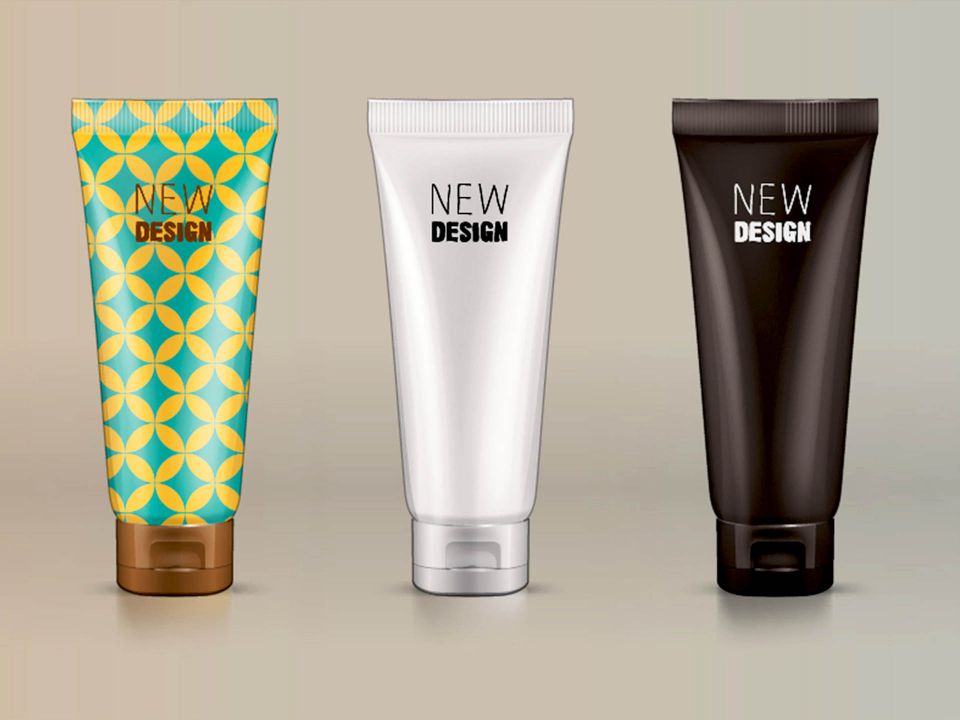
Treatment for acne- Antibiotics
Generally, the primary advise given to someone suffering from acne is to wash their skin gently and regularly with mild soap and water. They could also be instructed to use special acne solutions containing benzoyl peroxide. If the situation is extreme, then drugs derived from vitamin A could be used. Common prescriptions include tretinoin (Retin-A) which is topically applied while isotretinoin is used for internal purposes. These should only be used under medical advice as their inappropriate use can be toxic and can cause irritation.
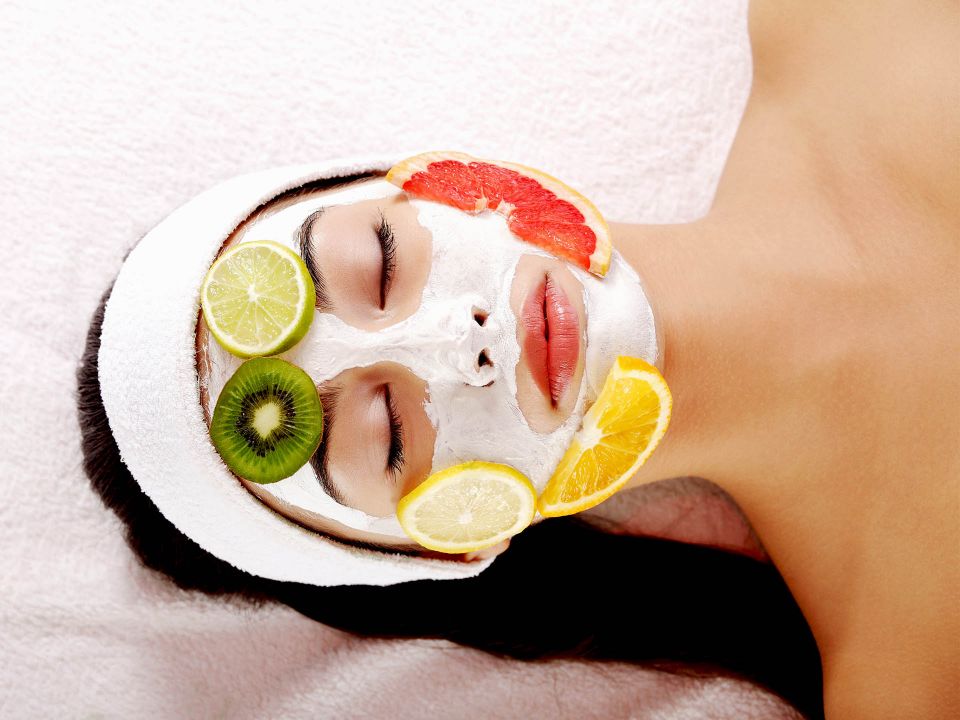
Treatment for acne - Home remedies
Baking Soda - Mix three tablespoons of baking soda with water and form a paste. Apply this paste on to the affected area only. You can use a Q-Tip for this purpose. Let it be for 10 minutes (until it gets dry). Wash your face with cold water. This will allow the pores to close. Do this one time a day. If you feel irritation on your skin, then discontinue this method. Lemon - Extract fresh and thick lemon juice and apply it on the acne. If you have a stinging sensation, it means that the solution is working. The citric acid in the lemon will fight off the acne-causing bacteria. Once it dries, wash it off. Make sure you apply sunscreen after using lemon as the use of citric acid can expose your skin to sun damage. Raw Potato - Cut potato into slices. Apply this onto the acne. Raw potato has anti-inflammatory powers. Wash off the skin once it dries with lukewarm water.
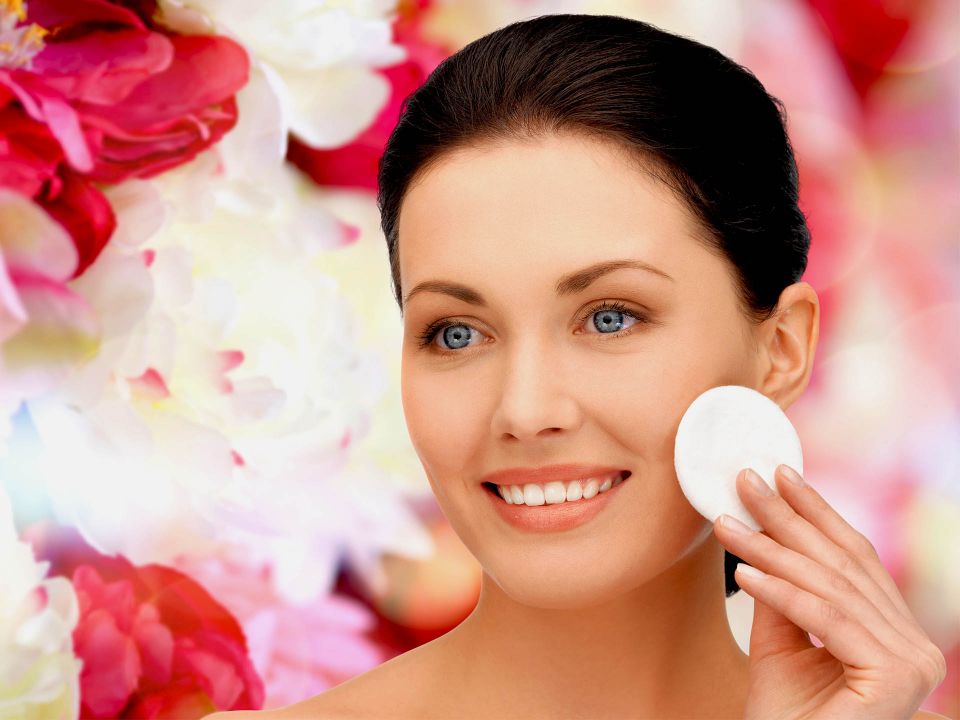
Tips to treat and avoid acne: Tip 1 - Cleaning and moisturizing
Make sure you wash your face daily twice - once in the morning and once before going to bed. Once you have cleaned it, apply a toner and moisturizer. The toner will remove the make-up and dirt. Choose a moisturizer most appropriate for your skin type (normal, dry, or oily).

Tip 2 - Avoid sun damage
Make sure you protect your skin from sun damage. Try to stay indoors between 11 a.m. to 4 p.m. This is the time where the ultraviolet (UV) exposure is the highest. Sun damage includes moles, freckles, and wrinkles. It can also lead to skin cancer. To avoid these, apply a sunscreen of at least SPF 15 or higher.

Tip 3 – A balanced diet
Eat carrots regularly as they are high in vitamin A and helps in protecting your skin. They also prevent acne by reducing the production of sebum. Make sure you also add chromium supplement in your diet. It will help to treat your pimples swiftly and avoid breakouts in the future.
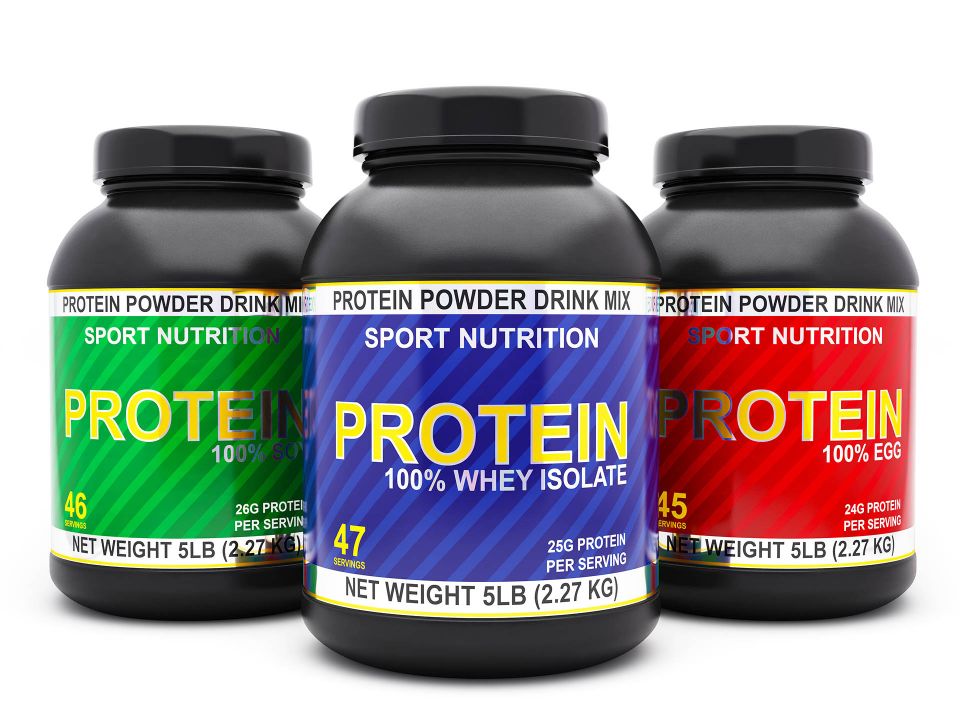
Tip 4 - Supplements
Add a multi-vitamin tablet to your diet. As mentioned earlier, your skin is trying to tell how you are on the inside. If your body does not get the nutrition it needs, then it will manifest it through excess sebum, reduction in the ability of your skin to heal, and pore-clogging. You should also ensure that you take enough omega-3 fatty acids like salmon and flaxseeds to avoid skin inflammation.
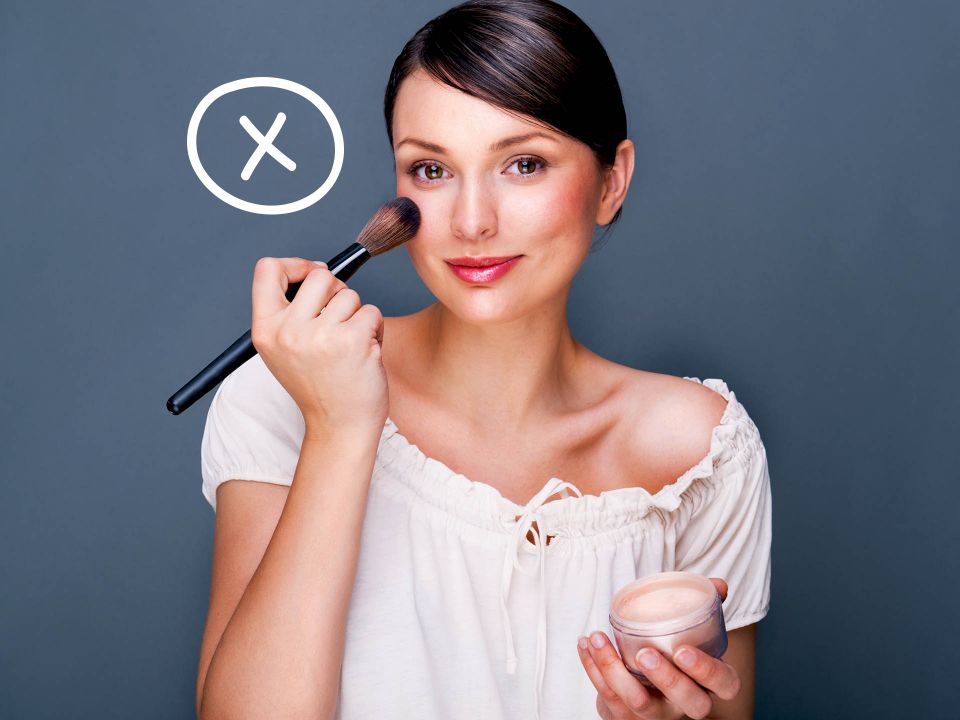
Tip 5 - Avoid make-up
Use make-up as less as possible. It is best to avoid powder, foundation, and blush. Make sure you wash it off properly, in case you apply them. Select oil-free cosmetics which also have no added chemical or dyes. Cosmetics which are named 'non-comedogenic' are prepared in such a manner that they will not lead to acne. Remember to read the ingredient-list before you buy a product.
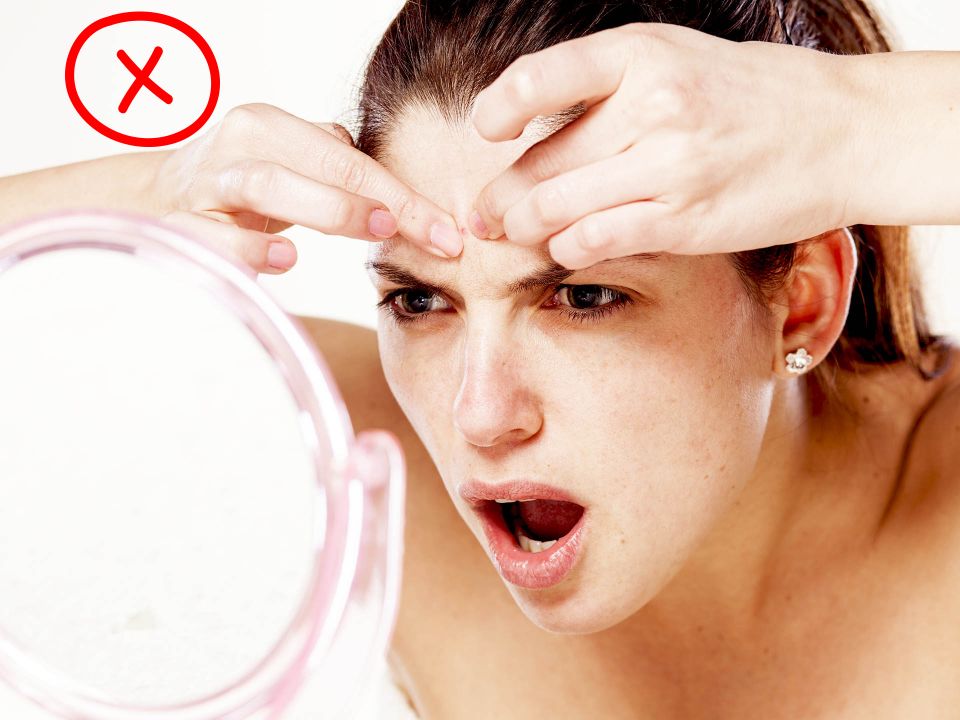
Tip 6 - Don't touch your face frequently
Do not continually touch your face. This will spread bacteria and lead to irritation in the acne-affected region. Never pop pimples with your fingers as this can lead to scarring and infection.
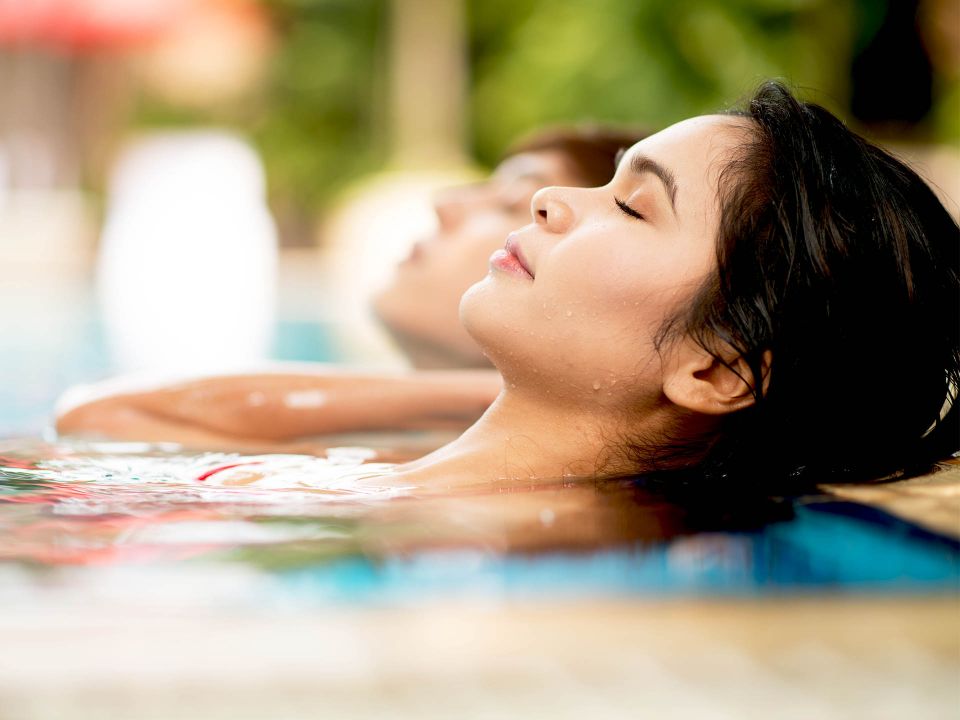
Tip 7 - Adequate sleep, water and de-stress
Get at least 8 to 10 hours of sleep every day. If you do not sleep sufficiently, then you will reduce the circulation of blood which will make you look pale and exhausted. Keep yourself hydrated with 8 to 10 glasses of water daily. Most importantly, reduce stress in your life. If you are really stressed, they will affect your sebaceous glands negatively. Take a deep breath and go on a vacation.
